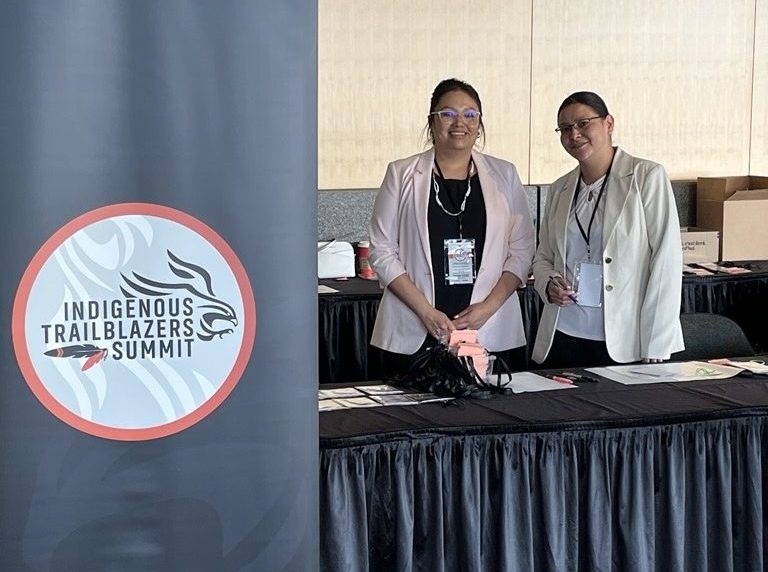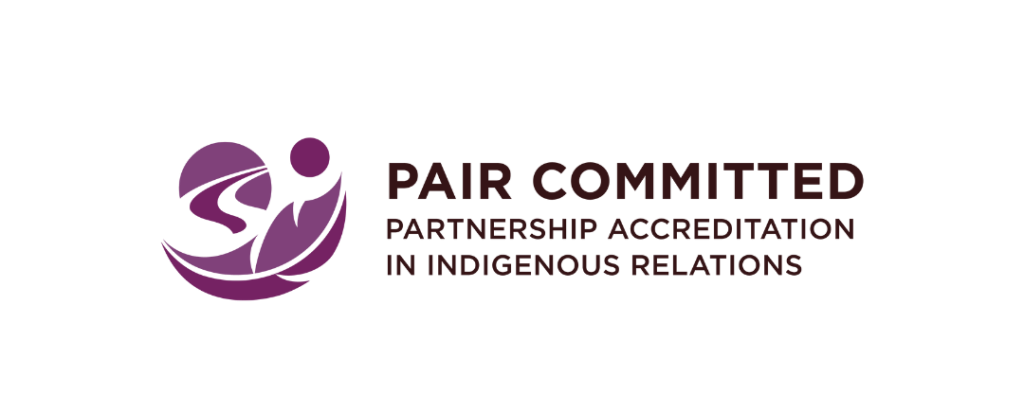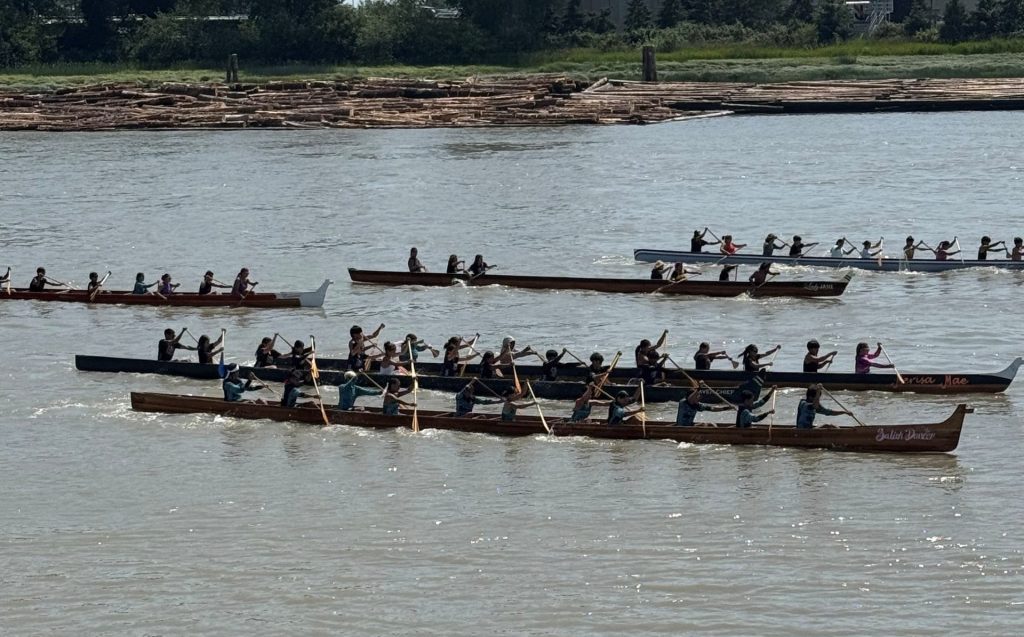Today on National Indigenous Peoples Day, we honour the history, heritage, and enduring strength of First Nations, Inuit, and Métis peoples across Canada. As part of National Indigenous History Month, Modern Niagara reaffirms our commitment to reconciliation through learning, listening, and meaningful action. We recognize the responsibility we hold in creating opportunities for access, engagement, and participation of Indigenous peoples in our business, industry, and the broader economy.
This month, we were proud to host a one-hour info session for employees with Reg Potts, a proud member of the Alexis Nakota Sioux Nation in Treaty Six Territory. He shared powerful insights on advancing reconciliation in business and spoke about his role in initiating the Indigenous Trailblazers Summit, which held its inaugural event earlier this year. The summit was created as a vital platform to amplify the voices, knowledge, and leadership of Indigenous trailblazers, professionals, changemakers, and the broader business community.

Modern Niagara successfully completed Phase One – the Committed Level of the Canadian Council for Indigenous Business’ Partnership Accreditation in Indigenous Relations (PAIR) program. This marks an important milestone in our reconciliation journey, and we look forward to continuing our progress toward full certification.

Last month, Modern Niagara was proud to be represented at the Forward Summit & Workforce Forward Conference, held at the Tsuut’ina Nation-owned Grey Eagle Resort & Casino. The event offered powerful insights into advancing inclusion in the construction industry and highlighted opportunities to create Indigenous wealth through equitable and sustainable practices.
Our Indigenous Relations Specialist, Amy Rose, recently attended Musqueam Indian Bands (MIB) Canoe races.
“The MIB canoe races are significant because they are a celebration of Indigenous culture, a revival of a long-standing tradition, and a way to honor the memory of a beloved leader. These races, held annually, bring together communities, showcase the art of canoe building, and strengthen connections between people and their heritage,” says Rose.

Modern Niagara understands that reconciliation is not a destination—it’s a long-term commitment that requires continuous action, accountability, and partnership.
Our Reconciliation Action Plan
Our Reconciliation Action Plan reflects Modern Niagara’s response to the Truth and Reconciliation Commission’s Call to Action 92, which calls on the corporate sector to adopt meaningful policies and strategies that support Indigenous peoples and communities. Our Reconciliation Action Plan is built around four main pillars:
- Leadership Actions
- Employment
- Business Development
- Community Relationships
These pillars guide our efforts and ensure that reconciliation is approached with purpose and impact.
Through our Reconciliation Action Plan, participation in the PAIR program, and continuous engagement with Indigenous leaders and communities, we are working to create a future defined by trust, partnership, and shared progress

